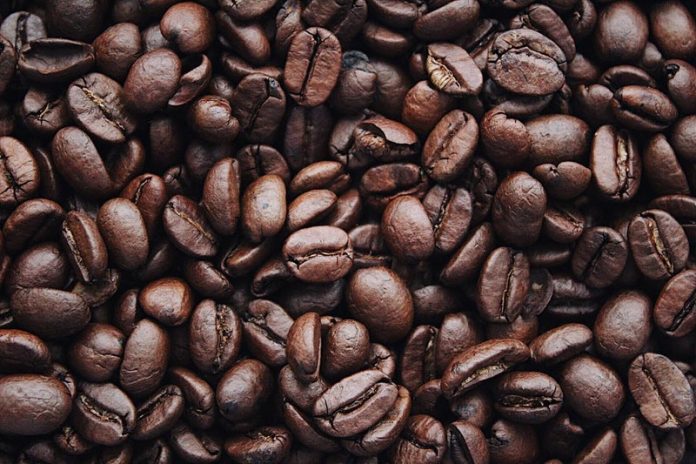
When coffee beans are processed and roasted the husk and silverskin of the bean are removed and unused, and often are left behind in fields by coffee producers.
In a new study, researchers found inflammation-fighting compounds inn the silverskin and husk of coffee beans.
The new finding not only provides benefits in alleviating chronic disease but also adds value to would-be “waste” products from the coffee processing industry.
The research was conducted by food science and human nutrition researchers at the University of Illinois
The team found that when fat cells of mice were treated with water-based extracts from coffee beans skins, two phenolic compounds—protocatechuic acid and gallic acid—in particular, reduced fat-induced inflammation in the cells and improved glucose levels and insulin sensitivity.
The results show promise for these bioactive compounds, when consumed as part of the diet, as a strategy for preventing obesity-related chronic illnesses, such as Type 2 diabetes and heart disease.
The researchers also stressed the positive impact on the environment of using the coffee bean by-products.
During coffee processing, the bean is separated from the husk, the external outer layer of the bean. After the bean is roasted, the silverskin layer is separated.
It’s a huge environmental problem because when they separate this husk after processing, it usually stays in the field fermenting, growing mold, and causing problems.
Once producers see the value, they will treat these materials as an ingredient instead of a waste.
It will require good collaboration between academic institutions, industry, and the public sector to solve this problem, but the market is there for these products.
One author of the study is Elvira Gonzalez de Mejia, a professor of food science.
The study is published in Food and Chemical Toxicology.
Copyright © 2019 Knowridge Science Report. All rights reserved.



